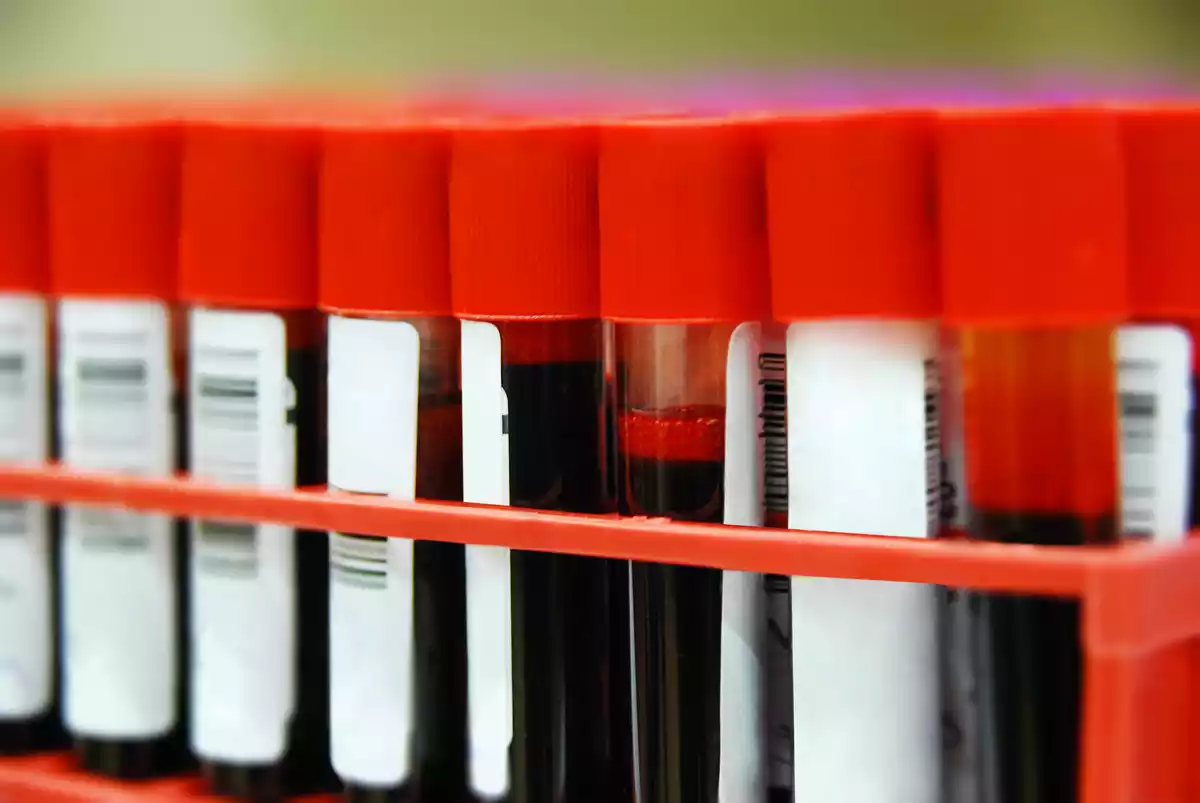
Every day the pandemic continues to affect the entire population globally, but one of the positive consequences of its expansion is the technological advances that have been discovered and that directly affect treatments against the disease. One of them comes from the Valencian Institute of Infertility, IVI, which has published a study that contrasts the protection of the immune system to certain blood types.
Specifically, it deals with patients with blood type 0 positive and Rh-positive, who, according to the document from this center, have greater protection against coronavirus. Its publication has been contrasted in 6,140 people and included in the latest edition of the American Society for Reproductive Medicine.
This research is not the first to be carried out in relation to blood types; in fact, an article was published in the journal Blood Advances in which the correlation between the different types of blood and their resistance to the pathology was pointed out.
According to this article, people who have a type 0 can generate a greater resistance to COVID, while those who are type A or AB, could present symptoms or health consequences in a range of greater severity.
The antibodies that make this resistance possible
The research showed that the impact on the organism in those patients who had tested positive, both in the IgM antibody and in IgG, was less in those with blood group 0. This determined that "the Rh-negative group was more frequent among those infected, contrary to what had been previously published", says the medical director of IVI, Antonio Requena.
In more detail, it was also determined that Rh-negative patients had a higher risk of infection than those of the same group who were positive. "The idea that blood type may have some prognostic value in relation to COVID is interesting, although we are still at a very early stage where it is urgent to determine first of all whether this association is real," points out Christopher Latz, writer of one of the papers related to this subject.
This study may be a step forward in preventing or taking a series of measures depending on the patient's blood type, but it will by no means be definitive in determining whether blood type determines the severity of the disease. To this end, research will continue in order to learn more about the advances in the relationship between both aspects.
Other studies linked to coronavirus
Another study has attempted to clarify what happens to people who are infected once with COVID, overcome the disease, and then become infected again later. Researchers at the Kansas State University College of Veterinary Medicine have published their work in 'bioRxiv'. The animal study, according to its researchers, confirms that the cats were reinfected with coronavirus 21 days after the first infection.
The conclusion of the study was that cats that had previously been infected with SARS-CoV-2 could be re-infected, but that the levels of virus shedding were insufficient for transmission. That is, they could become re-infected, but could not infect other animals.
Another research that also seeks explanations for the spread of the virus had determined that men over 1.80 m are more at risk of being affected by the disease. This data has also been extended to women, although there was not a sufficient sample to confirm it.
According to the scientists who presented this clinical case, they assure that due to the aerosol effect of transmission, the particles remain in the air for a longer period of time, which means that taller people are at greater risk of suffering from the disease.
[This is a translation of the original article "Los 2 grupos sanguíneos que tienen mayor riesgo de coger el coronavirus" published in espanadiario.net]

